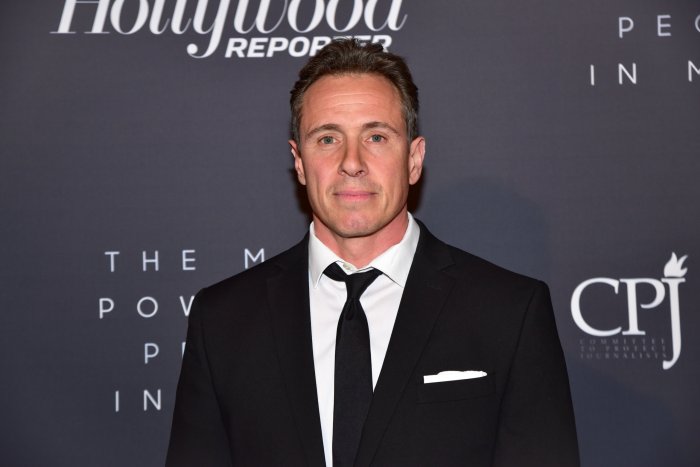
The ongoing controversy over the placement of cell antennas in the backyards of Garden City residents continued to rage on at the most recent village board of trustees meeting. Residents have been regularly attending board meetings dating back to 2010, to voice their concerns regarding the potential health effects of cellphone transmitters, particularly given the proximity these devices have to homes, schools and playgrounds. Requests have been made by residents to have the village board get parent company Crown Castle to relocate this equipment.
The ante has been significantly upped thanks to Town of Oyster Bay Supervisor Joseph Saladino and members of his town board demanding that Long Island’s federal representatives initiate and fund an independent study to determine the potential health effects of cellphone transmitters and similar equipment. Saladino also called for the federal government to amend the law to provide towns and villages the jurisdictional power of where this equipment may be located. It was enough for the village board to issue a lengthy public statement.
“We are not ignoring the homeowners’ concerns. But we are required to make an assessment of the facts and the law before we proceed to take actions that may result in litigation or that may, in the long run, be detrimental to the village as a whole,” the board said in its statement.
From an aesthetic point of view, the village pointed out that utility poles for phone, electric and television cable run through the backyards of residences. It is something the village “…believe[s] that most residents appreciate.” Further, the board is dealing with Crown Castle being a utility that inherited granted rights to run its telephone and electric lines where they can, by way of decades-old easements which exist in virtually every residential deed. According to the issued statement, “…this has nothing to do with the village. It is a state law and private property issue.”
The statement also highlights the fact that the Federal Telecommunications Law of 1996 governs the issue. One provision in particular prohibits state and local governments from denying permit applications for cellular towers based upon the environmental effects of radio frequency radiation (RFR) if Federal Communication Commission (FCC) guidelines are followed. The village drove this point home by declaring, “The FCC has, by establishing the emission standards, set the health standard. Again, courts nationwide have upheld these standards.”
As for health concerns, the village drew its conclusions from the American Cancer Society website, which goes into length about there being little evidence to support the idea that people living, working or going to school near a cell phone tower are at a greater risk of cancer or other health problems. Recently, the village hired a consulting firm with expertise in the area to assess the Crown Castle equipment. Residents recommended the hiring of Richard Comi, an expert who had conducted similar tests for the Town of Hempstead. Comi found equipment emissions to be in compliance and well below federal guidelines.
The village’s discussions with Crown Castle also included a request that the board force homeowners to allow the utility to access homeowners’ rear yards for equipment upgrades. The village advised Crown Castle to produce a court order granting permitted access to these yards, Short of having these writs, homeowners could have local police arrest Crown Castle personnel for trespassing.
A recent letter to Garden City Life penned by affected citizens highlighted health concerns about repeated exposure and hopes that the new board regime will make for a different outcome with the utility.
 “Crown Castle currently owns cell antenna equipment and infrastructure throughout Garden City residential areas,” the letter reads. “RF radiation emissions, according to the World Health Organization, are now categorized as a recognized possible carcinogen. The RF radiation emissions issue is real and frightening. We ask that the village, along with the residents, work with village attorney Peter Bee and any other necessary law firms, along with our government leaders to finally, after seven long, health-compromising years, to get the job done.”
“Crown Castle currently owns cell antenna equipment and infrastructure throughout Garden City residential areas,” the letter reads. “RF radiation emissions, according to the World Health Organization, are now categorized as a recognized possible carcinogen. The RF radiation emissions issue is real and frightening. We ask that the village, along with the residents, work with village attorney Peter Bee and any other necessary law firms, along with our government leaders to finally, after seven long, health-compromising years, to get the job done.”






























